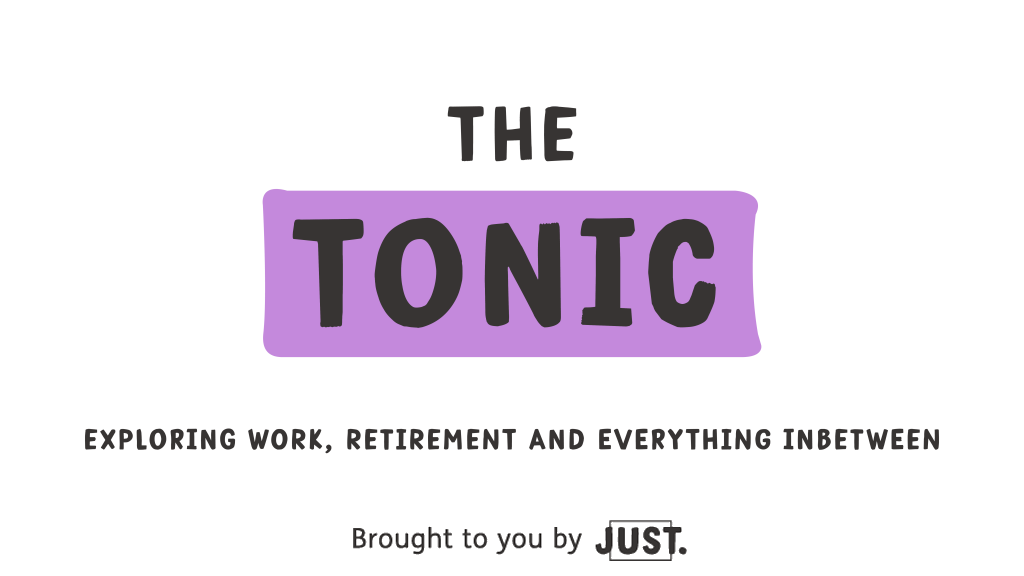What is ‘happy’ anyway? How happy are you on a scale of one to 10? And if your score isn’t as high as you’d like it to be, is there anything you can do about it?
Can we control how happy we are? The latest scientific research suggests we have a lot more influence over how happy we feel than we might think. We tell ourselves that if only we had more money, a less stressful job or better health, we would be so much more content. We wish we could be like those perennially happy people, who seem to bounce through life carefree, with a permanent grin on their face.
In fact, only ten per cent of our happiness levels are dictated by our circumstances, while 50 per cent is down to genetics (some of us are just naturally inclined to be glass half-empty). That leaves a significant 40 per cent slice of the happiness pie that is down to us and the way we choose to live our lives on a daily basis.
40 per cent of the ‘happiness pie’ is down to us and the way we choose to live our lives.
Of course happiness means different things to different people. For some, sheer joy might be curling up in front of a roaring fire, getting lost in a good book. Others will experience their most euphoric moments reaching the peak of a mountain and gazing down at the view below.
An expensive, exotic holiday or the latest must-have designer handbag may give pleasure to some, although the feel-good effect of wealth and material possessions is likely to be fleeting. Studies of lottery winners, for example, have shown that although their happiness levels soar immediately after their win, within a year they have plunged back down to their original level.
Hygge not handbags
The Danes seem to be getting it right. For several years now, they have topped the UN world happiness league tables, with 33 per cent of nationals saying they feel calm, peaceful and happy at all times in their lives. The UK, in case you’re wondering, came a paltry 23rd.
This is partly down to Danish DNA (studies show they are more predisposed to be happy), although it could also be down to their obsession with the Scandinavian concept of ‘hygge’ – the practice of creating cosy environments (think candles and cuddly jumpers) where they can enjoy life’s simple pleasures.
Once we have worked out what makes us happy, we can ‘design’ our lives to incorporate that.
In his book ‘Happiness by Design: Finding pleasure and purpose in everyday life’, happiness guru Paul Dolan suggests that “to be truly happy, we need to feel both pleasure and purpose” in our lives. In other words, it’s important to do things that give us pleasure, such as listening to our favourite music or watching a great movie. But we also need to take part in activities that give us purpose – such as learning something new, doing work that we find rewarding or helping others. The key to being your happiest, says Dolan, is finding the balance between the two that’s right for you.
It’s easy to find excuses for why we can’t do the things we know make us feel good. We don’t have the time/money/energy. We need to put the family/job first. But Dolan suggests that once we have worked out what makes us happy, we can ‘design’ our lives in a way which makes it easier to incorporate them.
Do you know what actually makes you happy?
Dolan gives the example of someone who knows that carving out more time to read would up their happiness quota. They could create the right conditions by putting books in every room, for example, and setting the home page on their computer to a book review website. Making a commitment to visit a book fair with a friend would reinforce their intention, as would joining a reading group.
Positive psychology coach Lynne Dorling agrees that if we want to increase our happiness levels, we need to be pro-active. “There is an element of choice,” she says. “Some people moan about not being very happy, but aren’t prepared to do much about it. They put life on hold and say things like ‘ah, but if it wasn’t for X‘ or ‘when the children leave home …’ They are wishing for a magic wand or waiting for other people to meet their happiness needs, but the time is now and you have to seize the day.”
Small actions can make a big difference to how positive and optimistic we feel.
Try and little gratitude and positivity
Dorling points out that it’s often quite small actions that can make a big difference to how positive and optimistic we feel. One simple practice that can really lift your spirits is keeping a gratitude journal. “When I first started, I used to struggle to find three things to write down,“ says Lynne. “Now, before I go to sleep, I usually have at least 20. It’s about noticing little things, like a decent cup of coffee or someone smiling at you, and appreciating them in the moment.”
Being curious and open to new experiences and focusing on the things we are good at, rather than obsessing about where we are lacking, can also help to boost our happiness levels. Research has shown, for example, that people who play to their strengths on a regular basis are happier, more confident and have higher levels of self-esteem. Focusing on positive emotions – rather than wallowing in negative ones – also helps to make us more resilient and shores us up for hard times that may be ahead.
Raising your happy game
- Have a laugh: The old saying about laughter being the best medicine really is true. Watch a funny film or spend time with people who make you chuckle.
- Savour the moment: Eat that square of chocolate slowly and mindfully, stop and enjoy the heady fragrances from the flowers instead of marching past with your head down.
- Declutter: Embrace the mood-enhancing power of tidying up. Get rid of anything that doesn’t give you joy and live more simply with less.
- Volunteer: Get the nice warm glow that comes from helping others. Enjoy the feel-good factor of a random act of kindness, such as giving someone change for the parking machine.
- Build positive relationships: Spend time with people who build you up and wherever possible avoid those who drag you down.
- Get active: You don’t have to be a gym bunny. Just 20 minutes a day, walking outside in good weather, is enough to clear your head and lift your mood.
Useful Links
- The NHS has a free mood assessment tool. If you are feeling low, anxious or panicky you can check your mood using this simple questionnaire and get advice on what might help.
- Just has some advice on maintaining mental wellness.
Just is the sponsor of this website but The Tonic is editorially independent.





Add comment